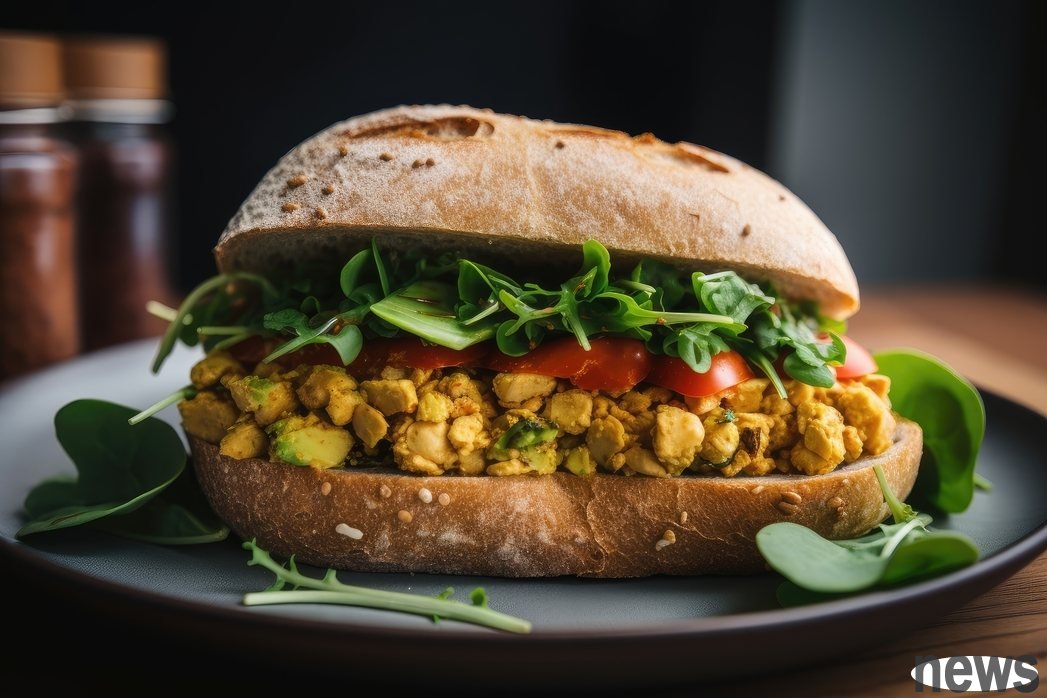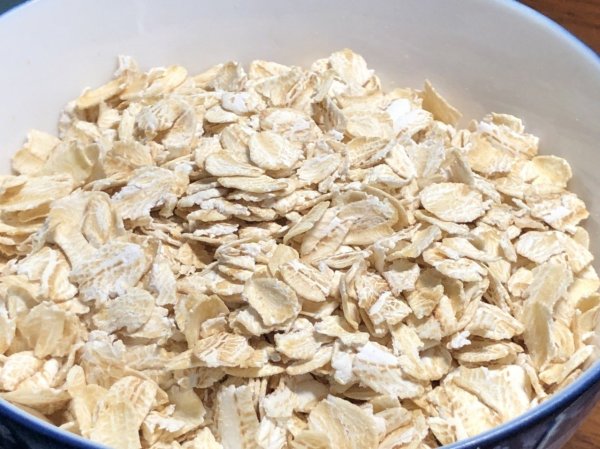Eating related to food and healthy aging. Research reveals that this type of protein reduces the risk of chronic diseases

The choice of diet is closely related to whether it can age healthily. A study published in the American Journal of Clinical Nutrition shows that women who consume more protein, especially plant protein, have less chance of suffering from chronic diseases, and generally have healthier health as they age.
In this study, researchers analyzed data on nearly 49,000 women with an average age of 49. Overall, about 13% of the daily calories taken by participants were from animal protein, about 4% from dairy protein, and about 5% from plant-based protein.
Among them, animal proteins include beef, chicken, seafood, milk and cheese, and plant proteins include bread, vegetables, fruits, pies, mashed potatoes, fruits, beans, peanut sauce and noodles.
At the beginning of the study, these participants did not suffer from 11 common chronic diseases, including heart disease, diabetes and cancer, nor had physical or cognitive impairments.
After about 30 years of tracking surveys, researchers found that women who consume the most plant-based proteins are 46% more likely to become healthy elderly people, while women who consume the most animal-based proteins are 6% less likely to become healthy elderly people.
The study's lead author Andres Ardisson Korat, a scientist at the Center for Human Nutritional Aging Research in the Department of Agriculture and the U.S. Department of Agriculture, noted that middle-aged protein intake is related to promoting health in old age, but the source of protein is important. For example, when you are middle-aged, you can obtain most of the protein from plants, and a small amount of animal protein seems to be beneficial to physical health and survival in your later years.
What are the better sources of plant-based proteins?Nutritionist Samantha Heller told Everyday Health that when generally speaking of plant-based protein, the first thing that comes to mind may not be bread, but it can indeed increase the total amount of protein taken by humans. She has not participated in the study.
Heller said that protein in foods such as grains helps the overall protein intake of plant-based diets. For example, a portion of cooked Italian noodles contains about 6 to 7 grams of protein, while a typical slice of whole rice contains nearly 4 grams of protein.
David Jenkins, a professor of nutritional science and medicine at the University of Toronto, Canada, told Everyday Health that selects foods with low blood sugar index that promote slower sugar release. He added that many plant-based protein foods are usually low-glycemic index foods, which can prevent diabetes-related cancers such as diabetes, cardiovascular disease, breast cancer and brain cancer, and all-cause mortality. He did not participate in the study either.
Plant-based foods with relatively high protein content. Lentils.
. Haricot vert.
. spinach.
. Green and white lily.
Can reduce meat feeding but do not have to be completely eliminatedHowever, one disadvantage of this study is that it does not study which specific types of plant-based proteins may be most beneficial for healthy aging, or which sources of animal protein may be particularly harmful.
The research team said that the benefits of plant-based protein may come from other ingredients in plant-based foods, such as plants containing a higher proportion of dietary fiber, trace nutrients and beneficial compounds known as polyphenols present in plants, rather than protein.
In addition, fish types such as fish in animal foods, especially those rich in omega-3 fatty acids, have also been proven to be beneficial to heart health.
Michal Melamed, a professor in the Department of Medicine at Einstein Medical College in the United States, told Everyday Health that these results further prove that eating more plant-based diets is beneficial. The good news is that even small changes can help, and you don't necessarily need to give up the meat completely to see some good things.




